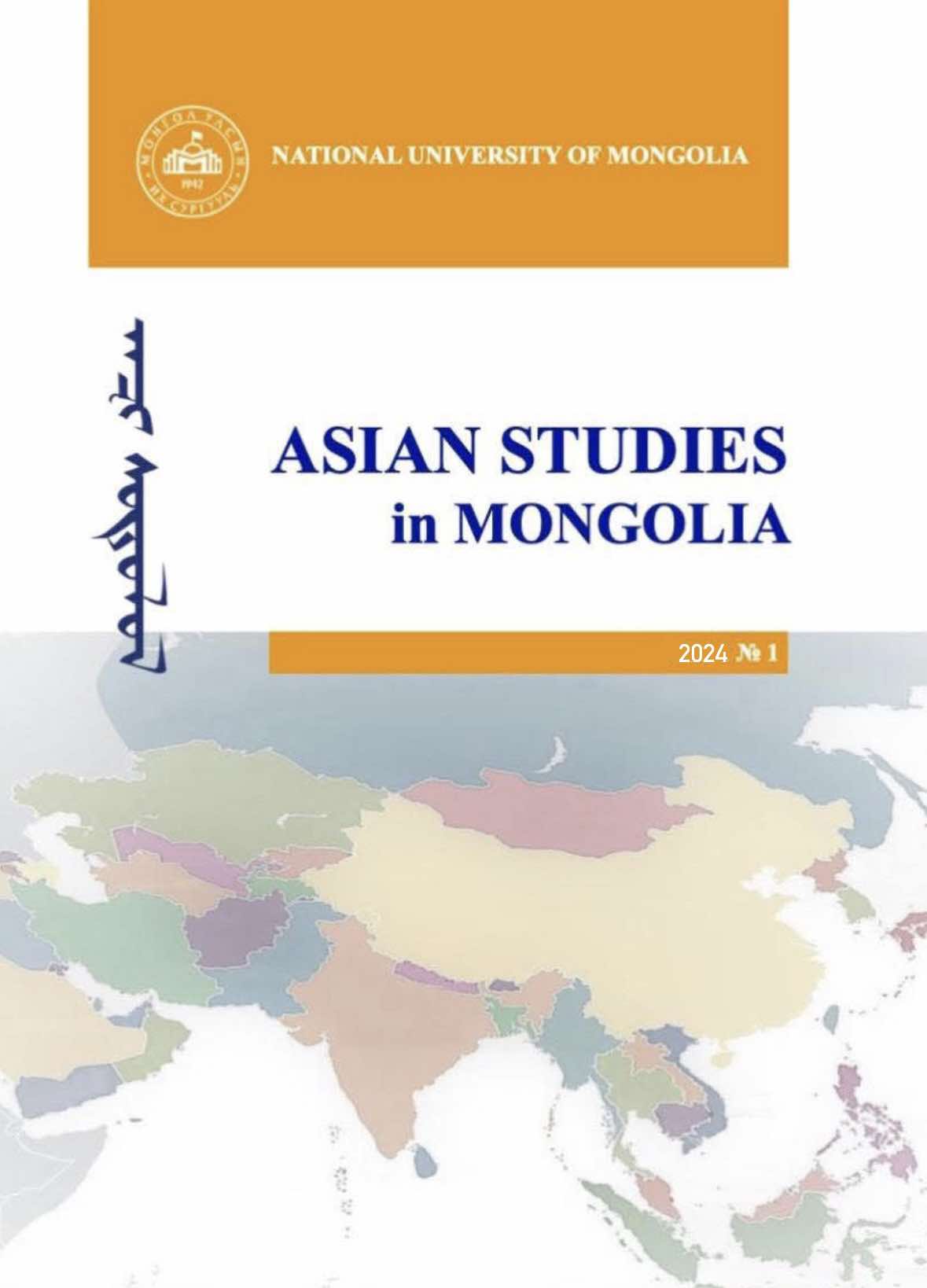Impact of Urbanization on Health Education: A Case Study of Dietary Improvement Initiatives in Mongolia Inspired by Family Gardens in Japan
Abstract
This paper examines the impact of urbanization on health education through a case study of a dietary improvement initiative in Ulaanbaatar, Mongolia, in-spired by family gardening models in Japan and Western countries. The pro-ject aimed to enhance the nutritional status of the urban poor by promoting vegetable gardening in the Ger districts of Ulaanbaatar, where traditional diets were predominantly based on animal products. The initiative ran from 2016 to 2019 and provided seeds and technical guidance for vegetable cultivation. Surveys conducted over three years revealed that vegetable production was more successful among middle-income households than low-income ones, with the latter facing barriers such as insufficient water access, limited gar-dening knowledge, and a lack of motivation. The findings indicate that while the project succeeded in encouraging vegetable consumption among middle-income residents, it struggled to sustain participation in lower-income house-holds. This research underscores the challenges of implementing Western-style urban gardening projects in Mongolia and highlights the need for a more integrated approach that combines nutritional initiatives with income-enhanc-ing strategies for the urban poor.





